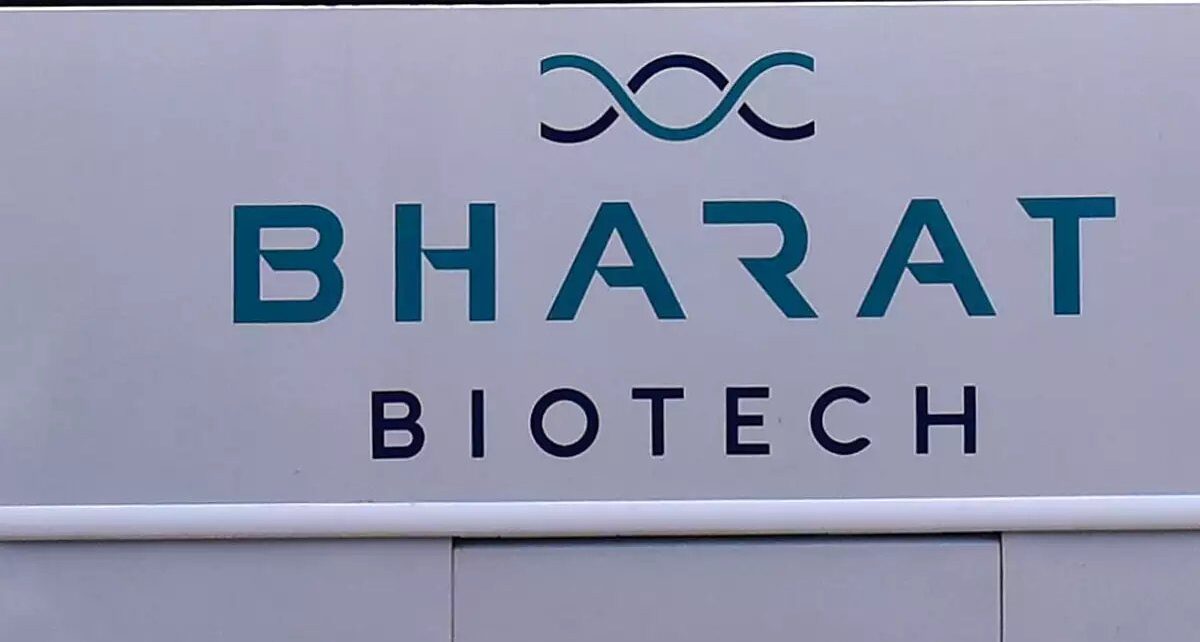Amid the rollout of the world’s largest Covid-19 vaccination programme by Prime Minister Narendra Modi, here are a few things that you need to know about the two vaccines—’Covaxin’ (Bharat Biotech) and ‘Covishield’ (Serum Institute)—selected by the Drugs Controller General of India (DCGI).
So far, the government has procured 1.1 crore Covishield and 55 lakh Covaxin vaccines at a cost of Rs 200 and Rs 206 per dose, respectively.
Covaxin, developed by Hyderabad-based Bharat Biotech, is the country’s first indigenous vaccine against the virus, and it has been developed with the help of the Indian Council of Medical Research (ICMR) and National Institute of Virology. Covaxin uses an inactivated form of the coronavirus. It destroys the ability of the virus to multiply in the human body and increases the immunity system to fight the virus.
Bharat Biotech said the company would pay compensation to recipients in case of any serious adverse effects experienced after receiving the antidote.
In the consent form to be signed by the vaccine recipients, Bharat Biotech said: “In case of any adverse events or serious adverse events, you will be provided medically recognised standard of care in the government designated and authorised centres/hospitals.”
“The compensation for serious adverse event will be paid by sponsor (BBIL) in case if the SAE is proven to be causally related to the vaccine,” the consent form said.
“Hence it is important to appreciate that receiving the vaccine does not mean that other precautions related to COVID-19 need not be followed,” the consent form said.
According to an industry expert, the company is liable to pay compensation to people in case of serious side effects as the vaccine is being administered while in the clinical trial mode.
On the other hand, the Oxford University and AstraZeneca have developed Covishield, which has been manufactured by Serum Institute of India in Pune.
Covishield is stored and transported at a refrigeration temperature of 2-8 degree Celsius. The vaccine has shown an average efficacy of 70.4 per cent in a pooled analysis of interim data from late-stage trials published in The Lancet.
The vaccine is made by taking a common cold virus called an adenovirus from chimpanzees and deleting about 20 per cent of the virus’s instructions. It also follows the genetic instructions programmed into it by its developers to successfully provoke a strong immune response.




